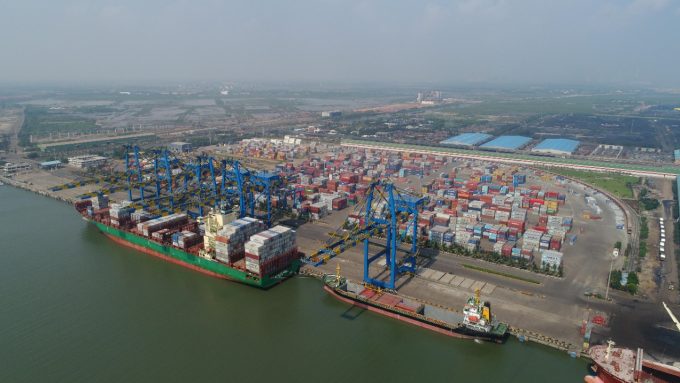Strike at major Indian ports called off, but supply chain challenges remain
Fears of supply chain disruption from an indefinite strike by Indian port workers have eased. The ...

Adani Group, India’s port logistics market leader, is fighting hard to regain investor faith, after its bullish growth outlook was badly shaken by allegations of improper behaviour.
The controversy has its roots in adverse disclosures by US-based stock short-seller Hindenburg Research, which accused the Indian conglomerate of stock manipulations, raising concerns about Adani’s high debt exposure and overvaluations.
Hindenburg, in its 24 January report, also alleged improper use of offshore tax havens by the Adani promoters.
The scathing allegations sent shock waves through ...
'Disastrous' DSV-Schenker merger would 'disrupt European haulage market'
New senior management for DSV as it readies for DB Schenker takeover
Volumes set to 'fall off a cliff' as US firms hit the brakes on sourcing and bookings
Asian exporters scramble for ships and boxes to beat 90-day tariff pause
Amazon pushes into LTL for small package fulfilment and UPS does a u-turn
Temporary tariff relief brings on early transpacific peak season
Pre-tariff rush of goods from US to China sees air rates soar, but not for long
Forwarders 'allowing the fox into the chicken run' by supporting 'hungry' carriers

Comment on this article